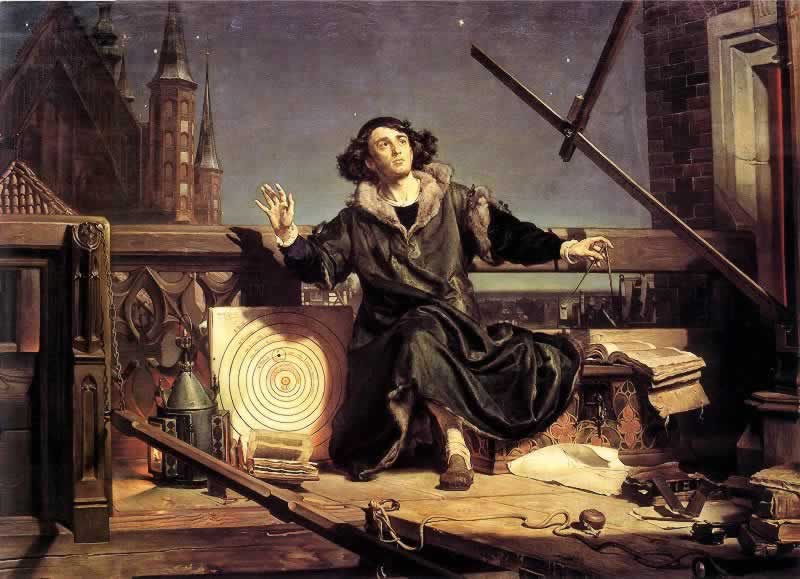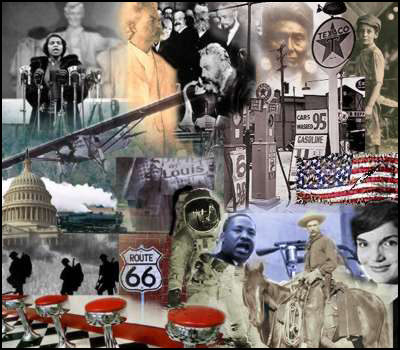THE WEST: A GEOGRAPHICAL PHENONEMON: The "Western World" is a common civilization found in the European Union (as well as Norway, Iceland Switzerland, and Croatia), United States of America, Canada, Australia and New Zealand. Russia, Ukraine, Belarus, Serbia, Bosnia and Macedonia are at least partially Western in their traditions and heritage, but are considered 'Orthodox', while Israel and South Africa are considered Western by some as well. Lebanon and Zimbabwe were part of this group until recently, but are no longer so.
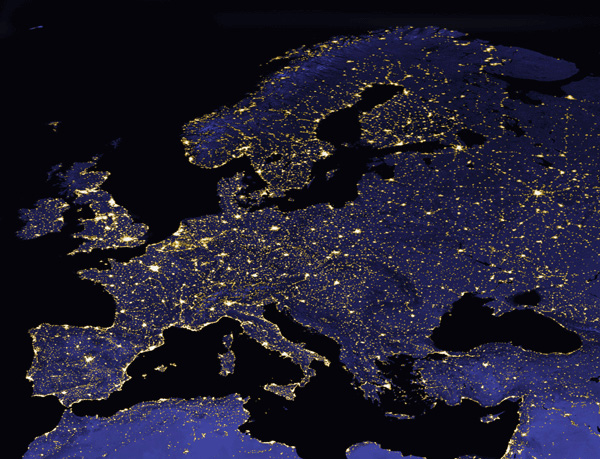
THE WEST: A HISTORICAL PHENOMENON: If identity exists apart from self-consciousness of it, the components which make up the West today find their roots in the same prehistoric activities and history that all communities of people have. Not unlike everyone in the world ultimately tracing their roots to East Africa. Yet, a self-consciousness and self-identification should be a part of a meaningful cultural and social movement, and for this origin, we look to Aristotle. He self-identified occident and orient in his 7th Book of Politics: the civilized, free, Greek 'West' and barbarian, despotic, Persian 'East'. From then until now, the West has taken mutating geographical shapes on the map and an evolving set of norms and values in and of itself.
THE WEST: A POLITICAL PHENOMENON: If the Greeks thought of their city-states as the 'West,' the Romans changed this political structure and created a vast republic and then a vast empire, encompassing the entire West, which developed under the one authority on the Capitoline Hill in Rome. As this authority fell apart and transformed into fragmented Germanic kingdoms between 400 and 500 A.D., the idea of Christendom emerged and kept the idea of a 'universal West,' this time a Christian universalism, alive, with the Pope as the most important figure. As the Reformation split Christendom into many parts based on religious differences in the 1500s, intra-Western religious wars occurred, culminating in the 30 years war (ended in 1648). After the Treaty of Westphalia in that year, the national-state order bacame the paramount identity in Europe. Absolutism, a reinvigorated 'king and country', dates from this time, and this continued until the 'wars of kings became the wars of nations,' with the onset of the French Revolution in 1789. The great nation-states of the romantic and patriotic 19th Century saw their people's affections grow to immense proportions. People believed in their nation, fought for it, died for it, and thought about their destiny to survive and have a place in the world (as part of the family of nations in the world). After the world wars, the West became a more international and pan-Western entity, in which European nations have, by treaty, merged together into The European Union. Today the EU and US are the twin core states of the Western World.
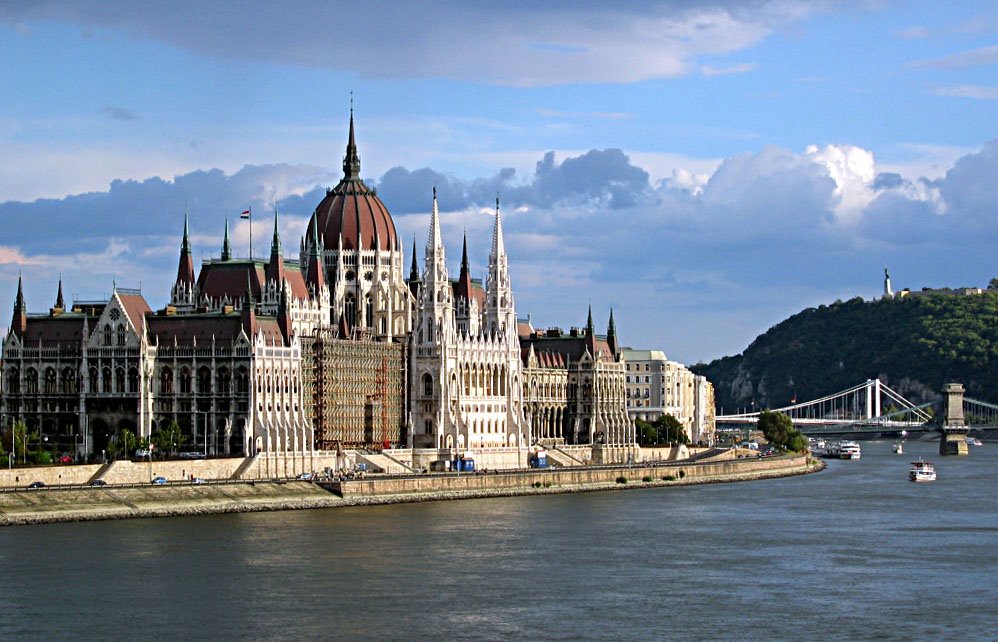
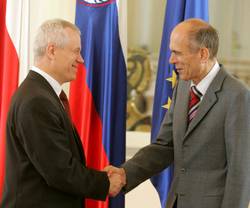
THE WEST: AN ECONOMIC PHENOMENON: Barter and sharing among family and friends and village folk in the ancient world became trade over larger areas, and finally coinage began to be used in Greco-Roman times. Later Medieval banking planted the seed of a growing economic order based on capitalism, the accumulation of wealth through building or working at businesses, providing goods and services to people, who in turn provide some good or service to society by working at doing something else.
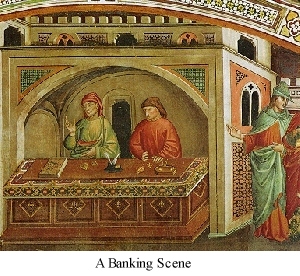
THE WEST: A RELIGIOUS AND PHILOSOPHICAL PHENOMENON: The tribal God of Abraham prepared a covenant with him (1600s BC), renewing it with Moses after the Exodus, with a people forged by fleeing bondage in Egyptland (1200s BC). During the Babylonian Captivity (500s BC), the covenant was renewed with Ezra and internalized by all the Hebrews, sanctified by the finishing of the Old Testament. God uses the Hebrews, his chosen people, and from amongst their number a woman conceived immaculately, Jesus the son of Mary, and of God himself (4 BC). Christianity and the New Testament begin, and gain official status during the 300s AD. The West during the Medieval period culminates in high Christendom, with a scholastic philosophy and universal aspect. Christianity is a core fundament of the West, even in today's secular political landscape, its role as a social glue and origin of enlightenment natural law remains.
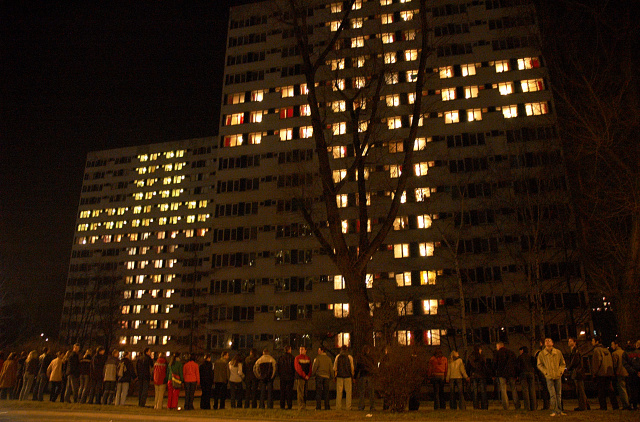
THE WEST: A CULTURAL PHENOMENON: Manners took center stage in Medieval chivalry. There was simply a new and kind way to act towards one's fellow man (and woman). While legalism has replaced manners in recent decades (notably in the United States and Britain), they still persist and in the best of day will even make a comeback. Science and discovery of nature are a hallmark of the West, as an enormously disproportinate amount of discoveries and inventions were done there.
